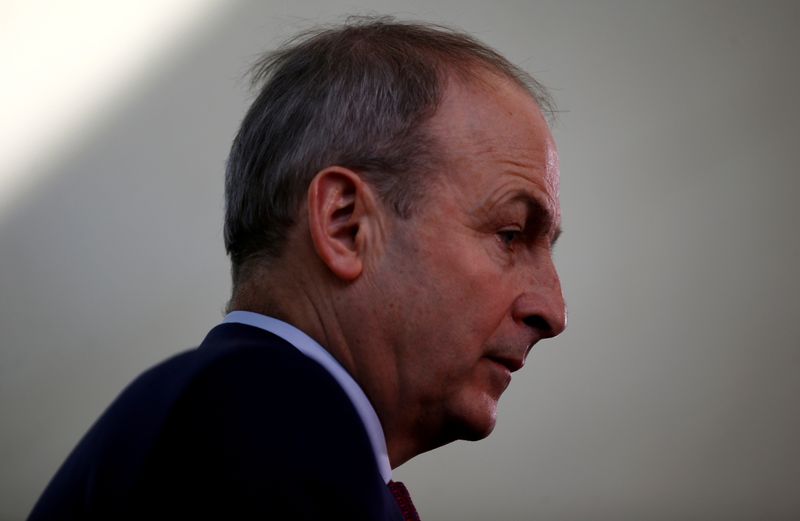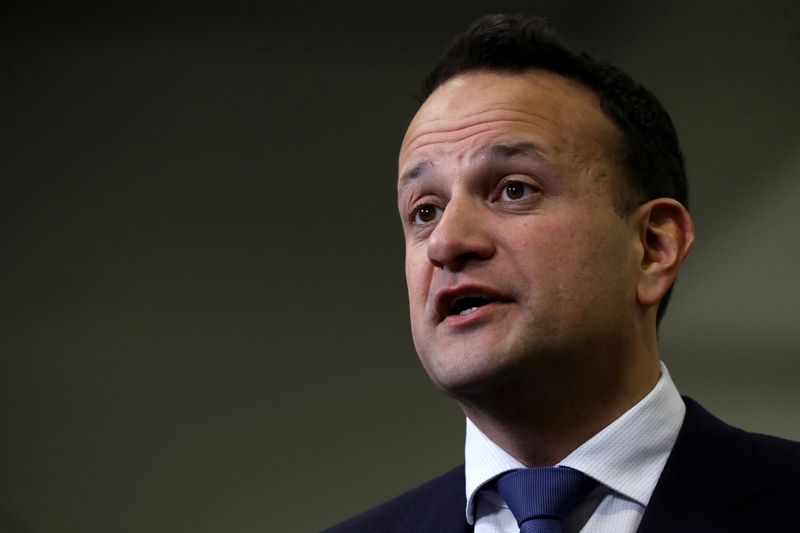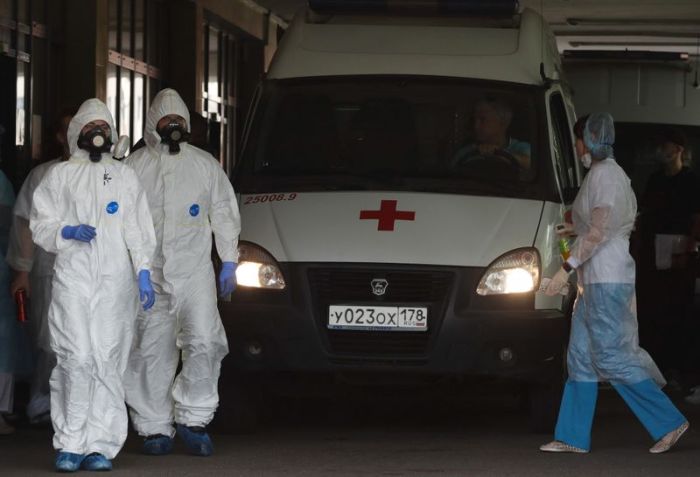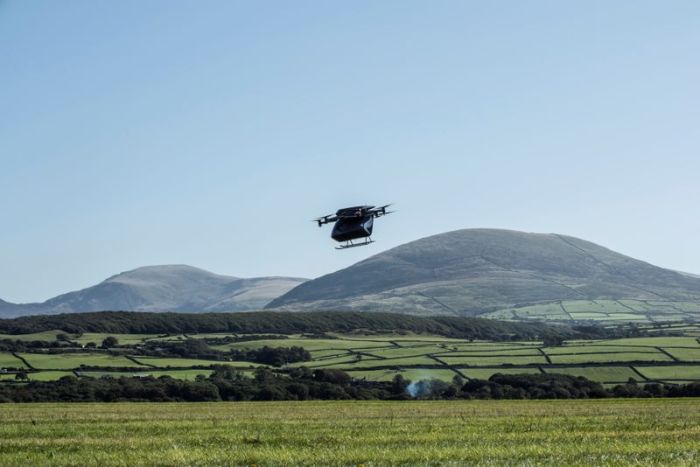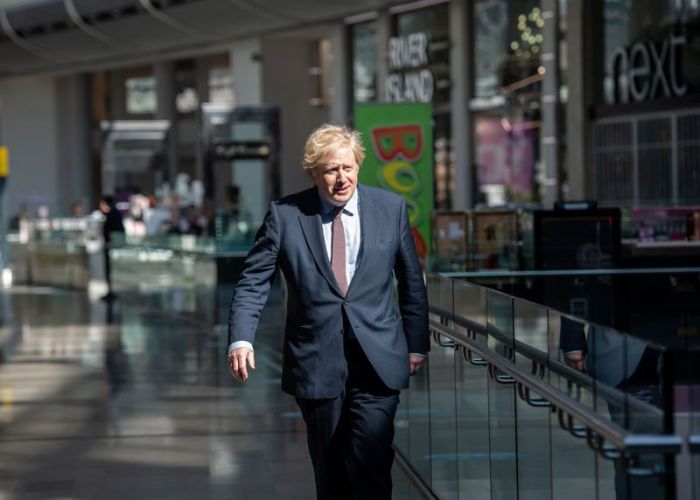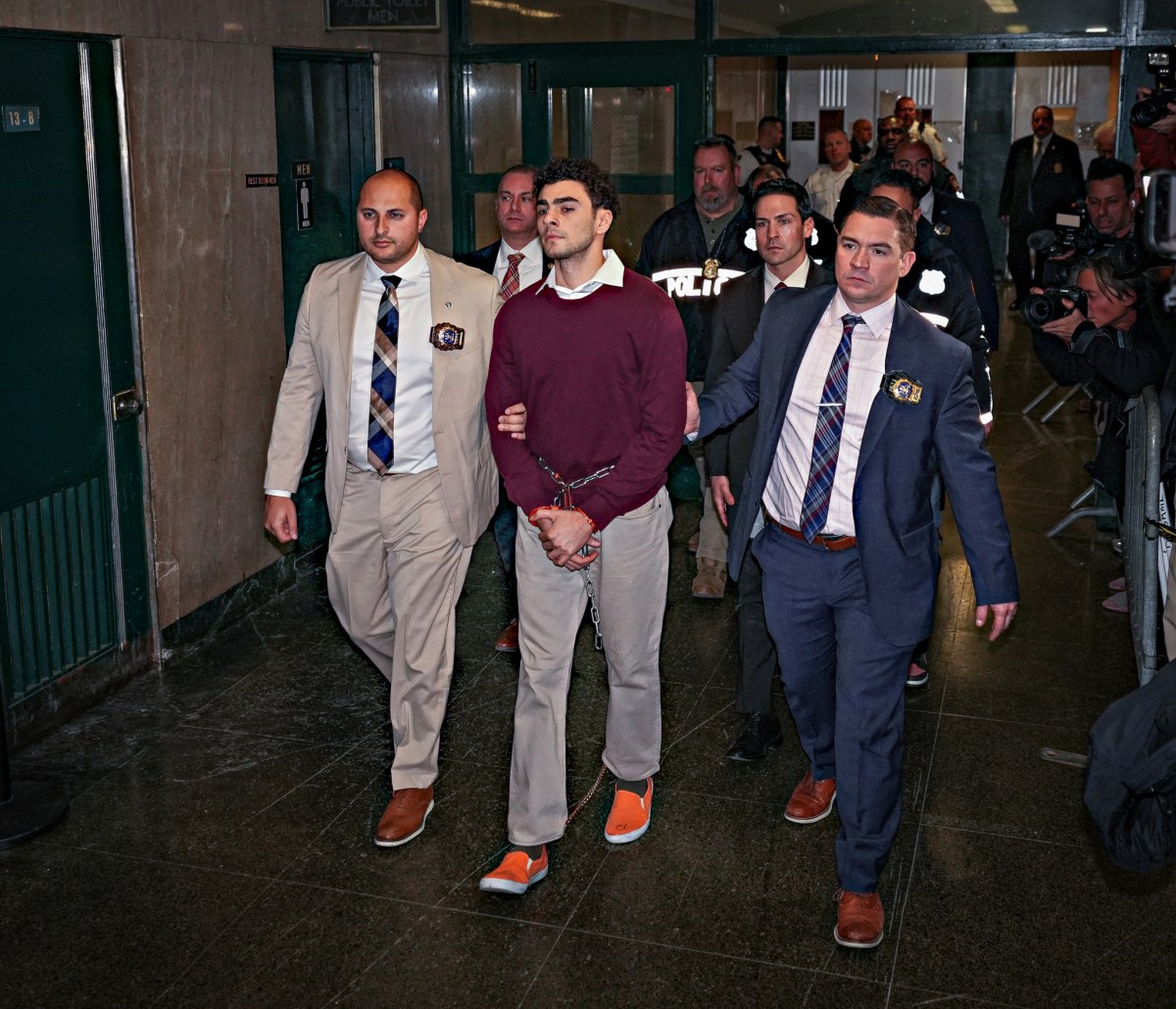DUBLIN (Reuters) – Ireland’s two dominant centre-right parties have agreed to form a coalition for the first time in a deal that will also put the Green Party at the centre of policymaking and end a political stalemate triggered by an inconclusive February election.
The deal, which must be ratified by members of the three parties, would make Fianna Fail leader Micheál Martin prime minister in the first half of the government’s five-year term before Fine Gael leader Leo Varadkar returns in December 2022.
Ireland has been in political deadlock since the Feb. 8 vote pushed historic rivals Fine Gael and Fianna Fail together. The two have swapped power since they emerged from opposing sides of Ireland’s 1920s civil war.
The pair need the Greens to reach a majority in the fractured parliament to pass new laws, including a 6.5 billion euro ($7.3 billion) package to help businesses hit by the coronavirus crisis.
“This is an historic moment. We’re going to have to learn to work with each other, we’re going to have to learn to trust each other. I know that’s possible,” said Varadkar, who will become deputy prime minister under Martin.
“CHALLENGING TIME”
The agreement must be ratified in the next 10 days or so by grassroot members from each party. The smaller Greens need to secure two-thirds support, a higher bar than the larger parties and one which could yet scupper the deal.
“It’s a challenging time ahead economically as a result of COVID but the programme for government does represent a new departure,” Martin told journalists.
Martin said the government would engage in “significant borrowing” for the first two years but said the programme promised a move towards what the coalition deal calls a “broadly balanced budget” as employment rates improve.
Monday’s newspapers declared the Greens the winners, with the Irish Independent’s front-page headline calling the accord “A green deal to remould the shape of our politics”.
The deal includes a 7% average annual cut in greenhouse gas emissions with a fixed annual carbon budget for different sectors, while infrastructure spending would focus on public transport rather than roads.
If ratified, the deal will make Sinn Fein, which wants British-ruled Northern Ireland to unite with Ireland, the main opposition party for the first time.
Sinn Fein, the former political wing of the Irish Republican Army (IRA), surged to 37 seats in the 160-seat parliament, the same as Fianna Fail and two more than Fine Gael.
($1 = 0.8884 euros)
(Reporting by Padraic Halpin and Conor Humphries; Editing by Gareth Jones)

